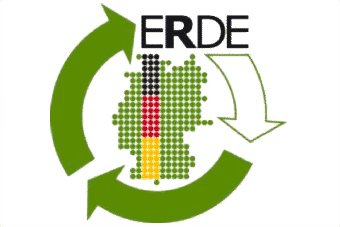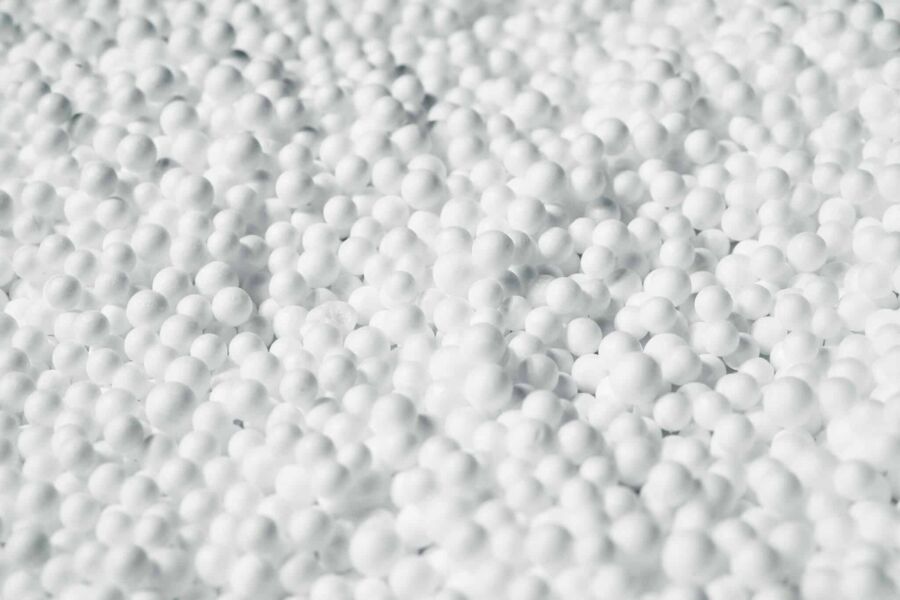Bad Homburg, March 6, 2020 – The IK Industrievereinigung Kunststoffverpackungen sees the “European Plastics Pact” published today as pure actionism, raising false expectations and thus doing more harm than good to the recycling industry. “Ambitious targets for the recycling of plastics are to be welcomed in principle as long as they do not threaten the development of a high-quality recycling industry through unrealistic assumptions and actionism,” says Dr. Isabell Schmidt, IK Managing Director for Circular Economy, explaining the industry’s considerable reservations. The partnership of public and private organisations initiated by France, the Netherlands and Denmark has formulated recycling targets for plastic packaging and disposable plastic products up to 2025, but according to IK’s assessment remains disappointingly vague on the real levers such as the landfill ban.
IK managing director Dr. Isabel Schmidt expects less actionism and more European drive for a high-quality recycling economy.
“The EU has already set concrete goals in its plastics strategy, the Circular Plastics Alliance (CPA) is pursuing them with courage, and in Germany the sharp rise in recycling quotas under the new packaging law is already demanding a joint effort along the value chain. The industry is endeavouring to increasingly keep high-quality recyclates in the circuit.”
Circular economy as a pan-European project: Separate collection, landfill ban, deposit systems
“Instead of further goals, we need a courageous and energetic design of the framework conditions. While we as industry are concerned about the recyclability of packaging, politicians should make greater efforts to ensure that plastic waste is collected separately and sent for recycling, otherwise even the best recyclability of packaging is of no use. In this respect it would be important to enforce an EU-wide ban on landfill and to extend the deposit system for drinks bottles throughout Europe. However, the Plastics Pact remains surprisingly soft on these points,” says Dr. Schmidt. France, of all countries, which is currently trying to give itself a green touch by taking a lot of action against disposable plastic products, still landfills around a third of its plastic waste instead of recycling it.
The IK also considers the Plastics Pact’s target of 30 percent of plastic packaging consisting of recycled materials by 2025 to be unrealistic. Unfortunately, this ignores the fact that almost 45 percent of plastic packaging in Germany is used in the food sector, where strict regulations so far only allow recyclates from the separately collected PET beverage bottle stream.
Reducing plastics often means substituting – This is not good for climate protection
The IK is also critical of the 20% reduction in plastics by 2025: “If the advantages of plastic are not required, it should not be used. Reusable plastic can replace disposable plastic. At present, however, reducing plastics often means substituting them with non-recyclable paper-plastic composites or glass packaging that is questionable from a climate point of view,” says Schmidt.
The IK is disappointed that Germany has also signed the EU Plastics Pact. “As an industry, we have set ourselves ambitious recycling targets and are committed to the CPA in order to achieve the 10 million tonnes of recycled materials in the EU by 2025. Here, the still immature recyclate markets are already demanding a high level of personnel and financial commitment, also from our member companies,” said Dr. Schmidt. The IK expects politicians in Germany to play an active role in shaping the demanding tasks on the way to a high-quality circular economy at European level. Circular Economy will only succeed as a pan-European project. For the association, actionism is not part of it.




